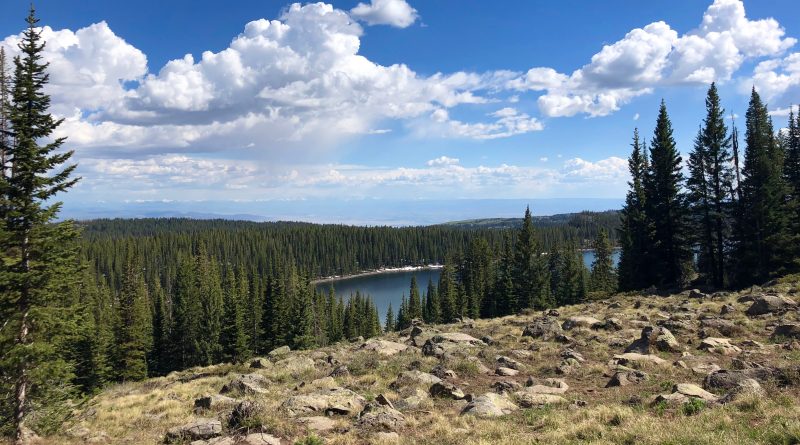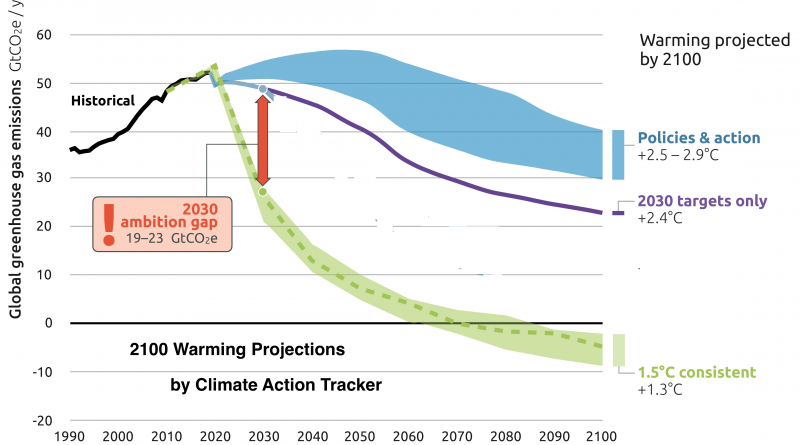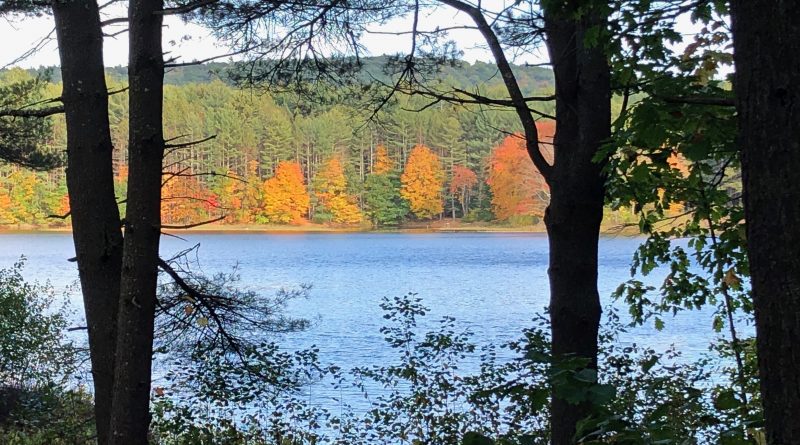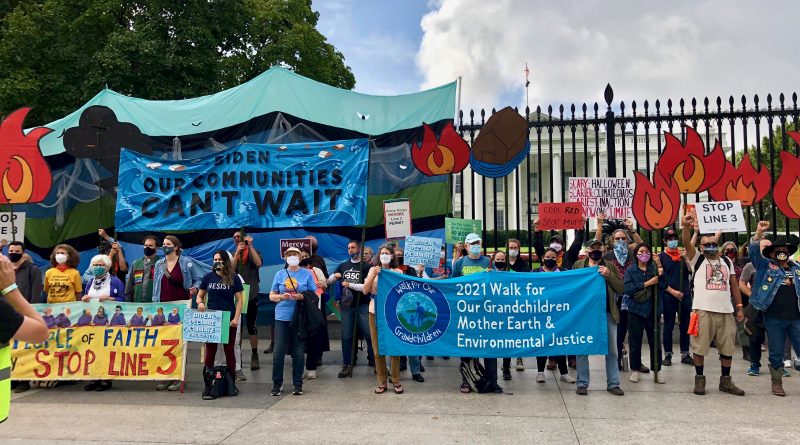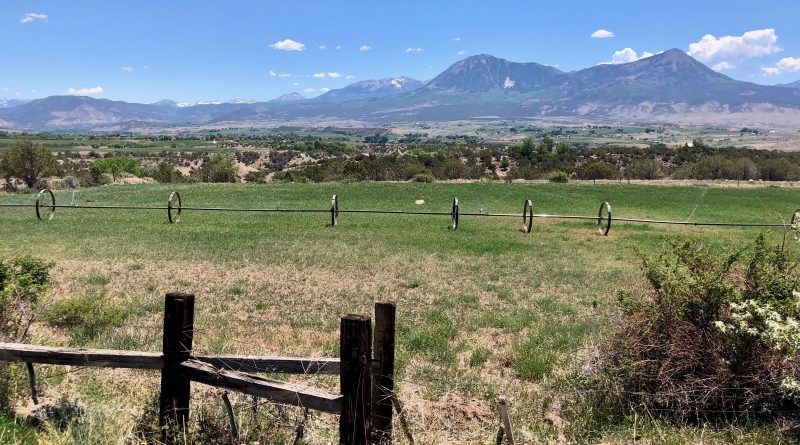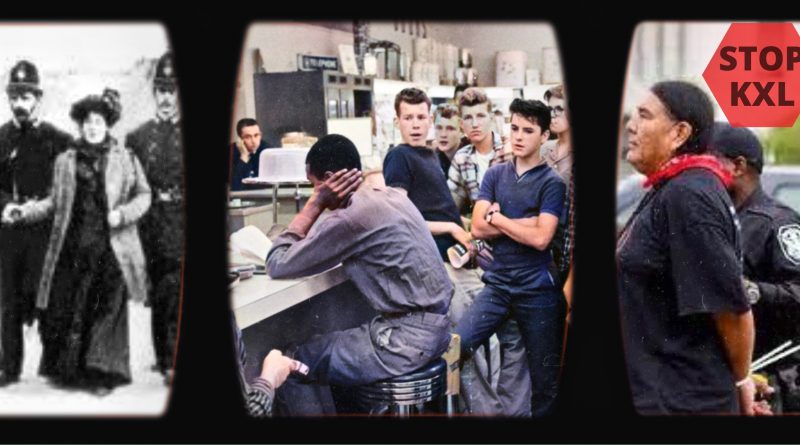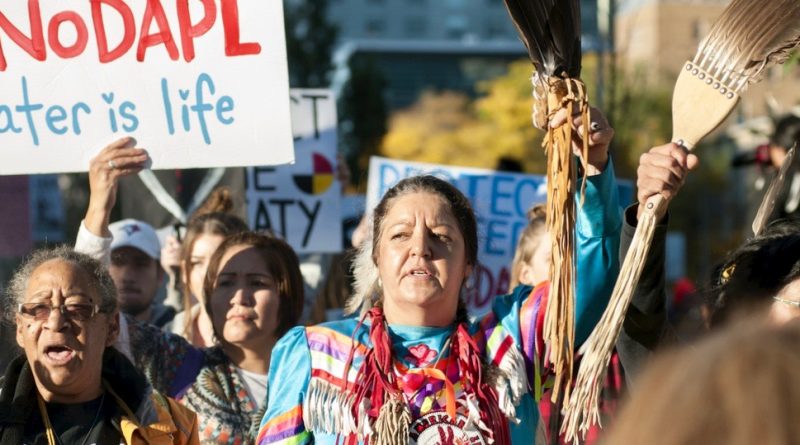Examples of Climate Action and an Invitation to Join In
In my previous post I offered some “tips on stepping up our climate action” and encouraged us all to take action more frequently despite any feelings of discouragement or despair. I proposed that we each 1) decide to act, 2)take some action, 3) be pleased that we have acted, 4) repeat the first 3 steps again, over and over.
While I mentioned some possible actions in that post, it seems that some more specific, personal examples might be useful.
I’m not yet as bold and effective in my climate action as I aspire to be, but I do persist and do a number of things that are helping me get connected to other people and, I believe, make a difference. In the hope that these examples will lead you to think further about what you want to do, here are a few of the things I’ve been engaged in recently.
I learned, through an email from 350.org, that a federal judge voided a huge sale of drilling leases in the Gulf of Mexico that the federal government had recently completed. This is such good news, because …
Read more


